Keep it in perspective: How to avoid bike obsessiveness
Maintaining form and fitness as a cyclist demands a high level of commitment, which all too easily tips over into obsessiveness and a loss of perspective. Jim Cotton goes in search of bike-life harmony.
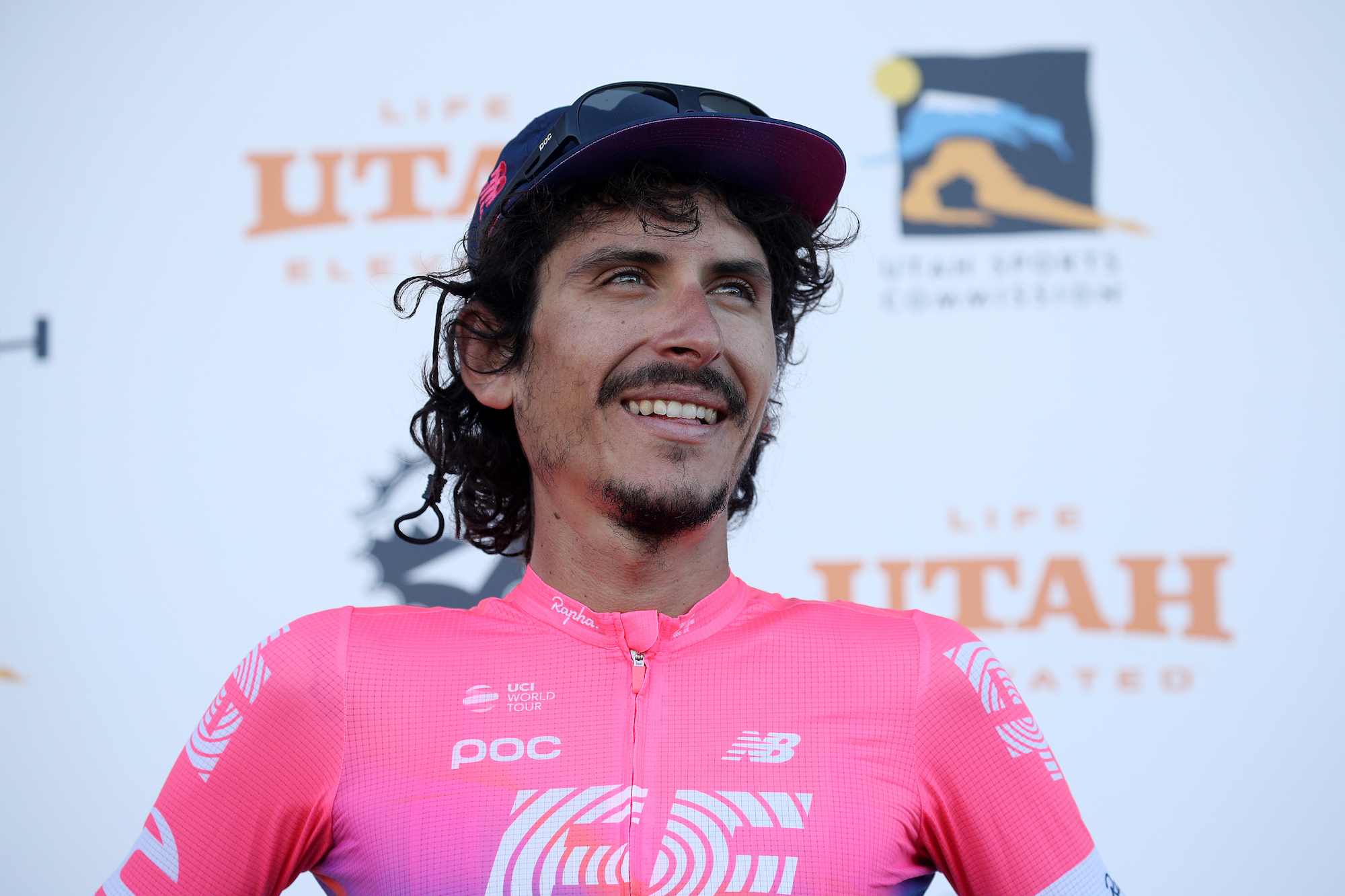
Lachlan Morton (Photo by Chris Graythen/Getty Images)
Let’s face it, we think about our bikes a lot. When we should be working, when we’re watching TV, even sometimes in our sleep, our minds drift to cycling. Of course, ours is a largely healthy and wholesome pastime, but can it become too all-consuming?
If we get too bogged down in numbers and statistics, is our commitment to cycling liable to become self-destructive? As someone who has fallen foul of this hazard, I wanted to assess the delicate balance between riding your bike for the simple joy of it, and its becoming an instrument of obligation and obsession.
We all know that cycling releases endorphins that boost mood, and many of us rely on the blissful unwinding effect of riding our bikes. “A problem is only truly a problem if it remains after a bike ride,” the old saying goes.
>>> Subscriptions deals for Cycling Weekly magazine
Sports psychologist and avid rider Josephine Perry explains this further: “Cycling gives you fantastic headspace to relieve stress and cope with difficult things in life.” Even the NHS website says that cycling “can improve the symptoms of some mental health conditions such as depression and anxiety.”
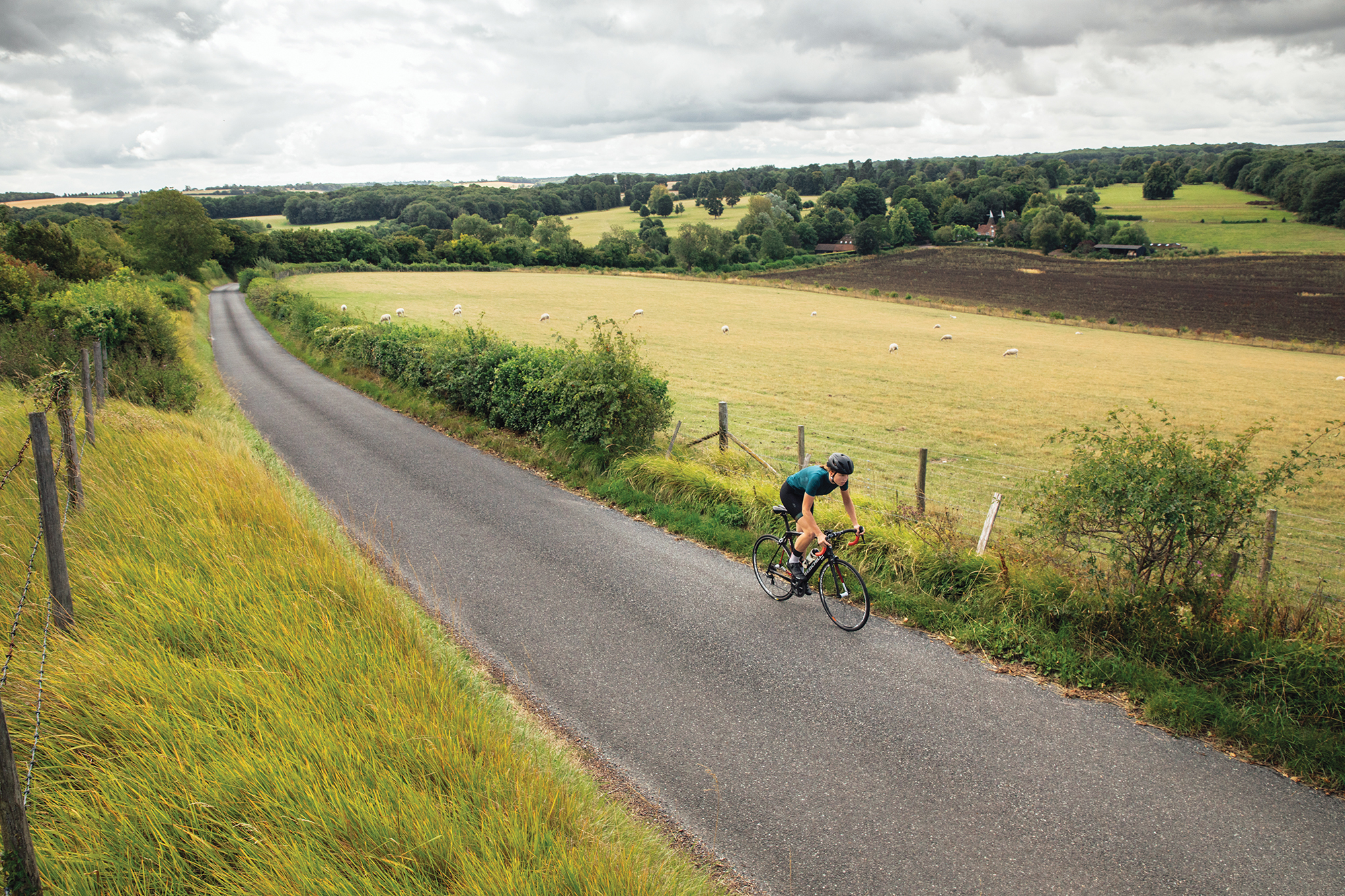
As with anything that feels really good, you want keep doing it as frequently as practically possible. The feel-good brain chemicals, the delicious data, the measurable fitness gains... it’s all very addictive.
“Tangible numbers to improve on - power, time, speed - are noticeably absent in a lot of the major activities in daily life,” says Perry. Many day jobs are devoid of measurable indicators of success — promotions and pay rises are vanishingly infrequent.
Get The Leadout Newsletter
The latest race content, interviews, features, reviews and expert buying guides, direct to your inbox!
“The evidence of progress as you train is hugely addictive, and it makes you want to ride and train more,” adds Perry.
Cycling also has a strong cultural element: we identify as cyclists — it’s not just what we do but also who we are. “We’re always looking for a way to feel a part of a community, and cycling is an easy one for feeling part of ‘the gang’,” says Perry. Cycling is uniquely bonding in this way.
“Being part of a group makes us feel important and wanted or needed,” continues Perry, “and so having an identity as a cyclist can be important to us - that’s why we wear a cycling brand t-shirt when we’re out, why we have in-jokes about triathletes and so on.”
Perhaps it’s not surprising, then, that the relationship can slip out of control. Because cycling is so addictive, so trackable, so all-consuming - it’s the perfect storm; our hobby can become an unhealthy obsession.
It’s also easy to feel a pressure to train - even without a race or event as an end goal. If we’re not training, our cycling identity can feel weakened or threatened. Riding thereby keeps ‘training guilt’ at bay and maintains a not always comfortable status quo.
>>> Cycling Weekly is available on your Smart phone, tablet and desktop
The spiral into obsession can be exacerbated by the extremely comparable and public nature of cycling. Brilliant though it is, Strava can increase the likelihood of a healthy habit turning into an obsession and the influence that dictates our mood. Monthly mileage challenges are entered, KOMs won and lost, and aspirations agitated. We want to match up, to make the grade.
Lachlan Morton joined the WorldTour aged just 20, and now races with EF Education First. The young Australian found that the pressure of performance damaged his relationship with the bike: “You can read something and get an idea of the numbers you’re ‘supposed’ to hit, and there’s a line that everyone’s chasing, and that can detract from how you actually feel about riding.”
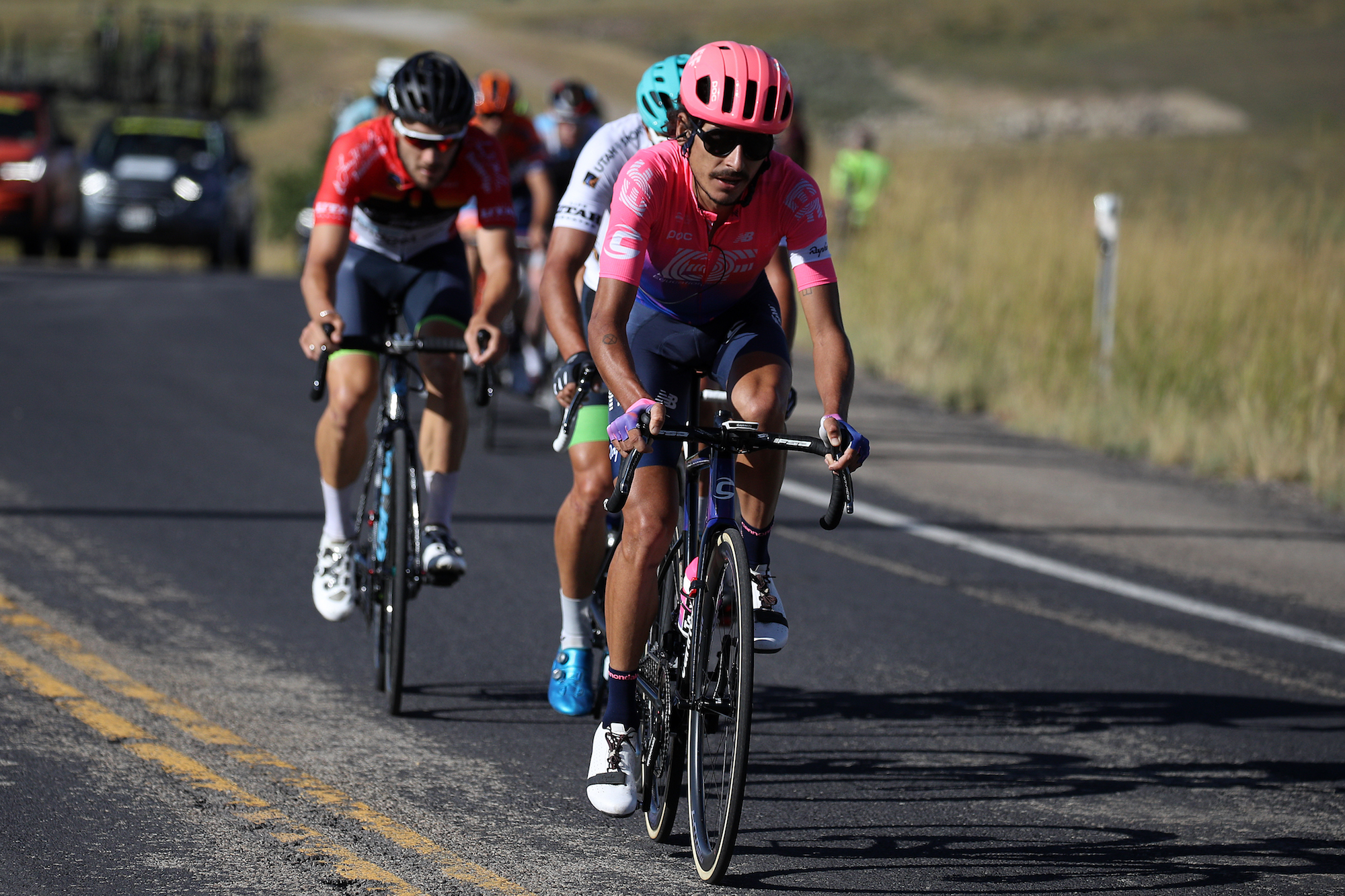
When the passion goes out of riding, what was once a hobby starts to feel more like another chore. Sports dietician and eating disorder specialist Renee McGregor believes this signals a need to take action.
“If you feel obliged to ride, and it turns from an enjoyable hobby into another chore or pressure, you need to step back and assess why you’re doing it,” she says.
If it goes unchecked, the sense of obligation to ride and record more miles and more watts can easily lead you down murky paths, namely overtraining and under-fuelling. I speak from experience. I got too wrapped up in cycling and it became an outlet for my tendency towards disordered eating and depression-triggered obsessiveness. I spent several years treading the dangerous tightrope of overtraining, under-recovering and under-fuelling. Eventually, it forced me into taking time off the bike to recover my mental and physical health.
Perry is all too familiar with these hazards. “When you start training more or attempt to lose a bit of weight to go faster, it’s addictive because to start with it really works, and you see your improvement in the numbers. But then the bad habits and the pursuit of improvement becomes ‘sticky’ and tough to get rid of, and over time, it becomes destructive.”
As I found, when you let cycling tip into obsession and destructive behaviour, you’re on borrowed time — injury, illness, or enforced rest will dictate what happens next. But where does that leave you and your sense of self, especially if you’ve been neglecting all the other joys available in life?
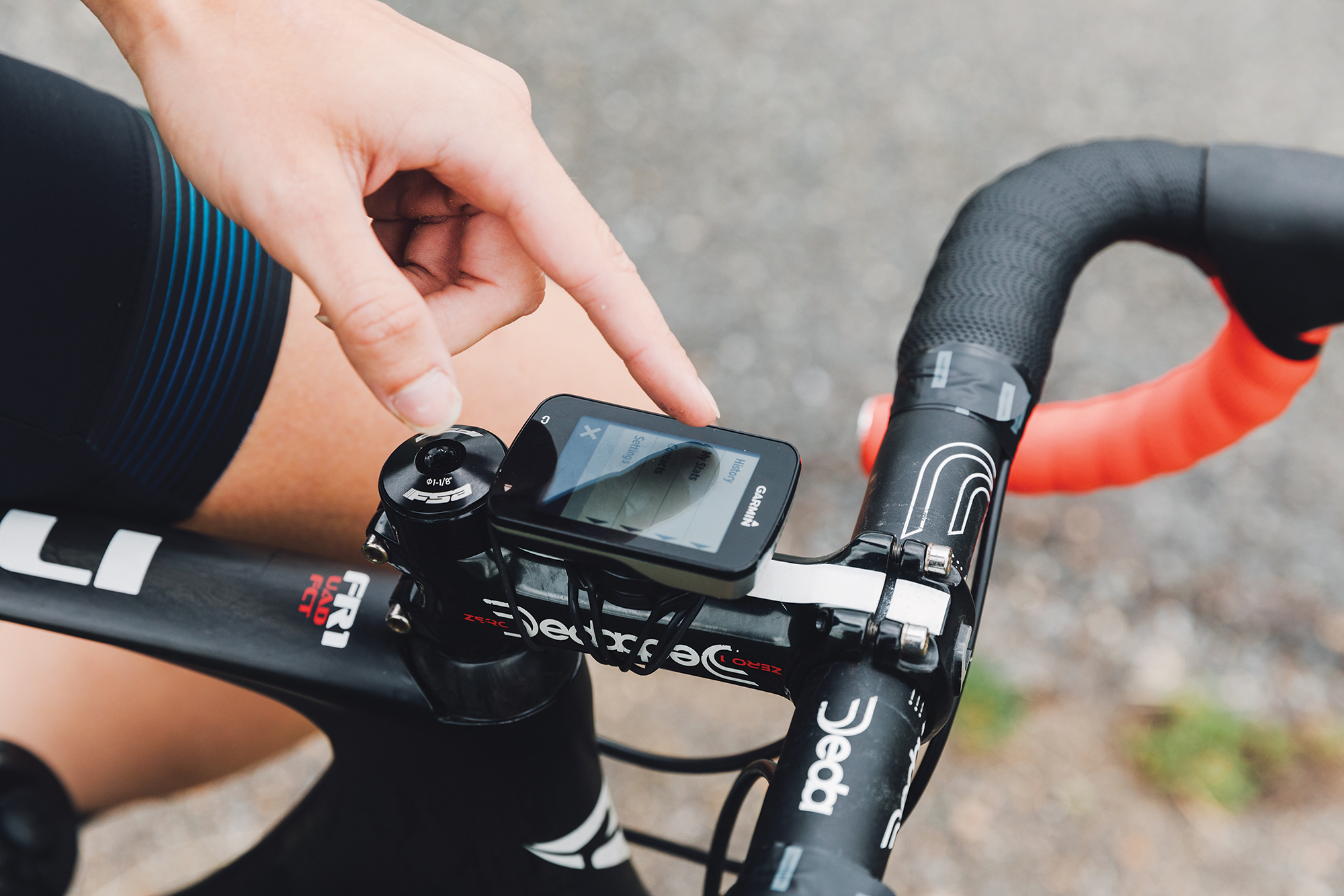
“If you’ve become fully entrenched in the world of cycling, you get very single-minded, and it can become hard to find pleasure elsewhere,” explains Perry. “Then, if you cannot ride for a prolonged period, you’re left with a huge gap to fill in your identity. That can lead to some serious mental health issues - about 50 per cent of pros get symptoms of depression after they retire.”
That identity gap is demonstrated in the story of Alex Rasmussen, a Danish ex-pro who retired in 2016 after a 10-year career with, among others, HTC-HighRoad and Saxo Bank. Not long after he retired, Rasmussen found himself so depressed that he checked in to a clinic.
“I didn’t know who I was when I stopped being a pro cyclist. I’d been living in a bubble all my life and I didn’t know anyone or anything outside of it. When I stopped racing I had little else, and couldn’t remove myself from the idea of being a pro.”
Having spent his life as a rider, Rasmussen struggled to let go of the sport in his retirement and found himself watching ex-colleagues in races he would have contested, yearning to still be a part of it.
It was only when Rasmussen, who is now 35, stepped away from the sport completely for a year that he managed to change his mindset and re-discover the love of bikes.
“I feel better now I’ve learnt to identify as something other than just a cyclist. I found my love for the sport again, and it’s still a massive part of my life. I’ve just shifted the emphasis; I now focus on nurturing young talent and that mentoring gives me massive satisfaction. I no longer feel like I should still be racing or jealous of those who are.”
Similarly, Morton had the foresight to realise that his relationship with the bike had soured during his early years in the pro peloton, and took the huge gamble of stepping down from the WorldTour - a dream he’d chased through his teens. He made the decision to instead race with US Pro Continental team Jelly Belly while also exploring his love of bike-packing (as reported in CW, August 15).
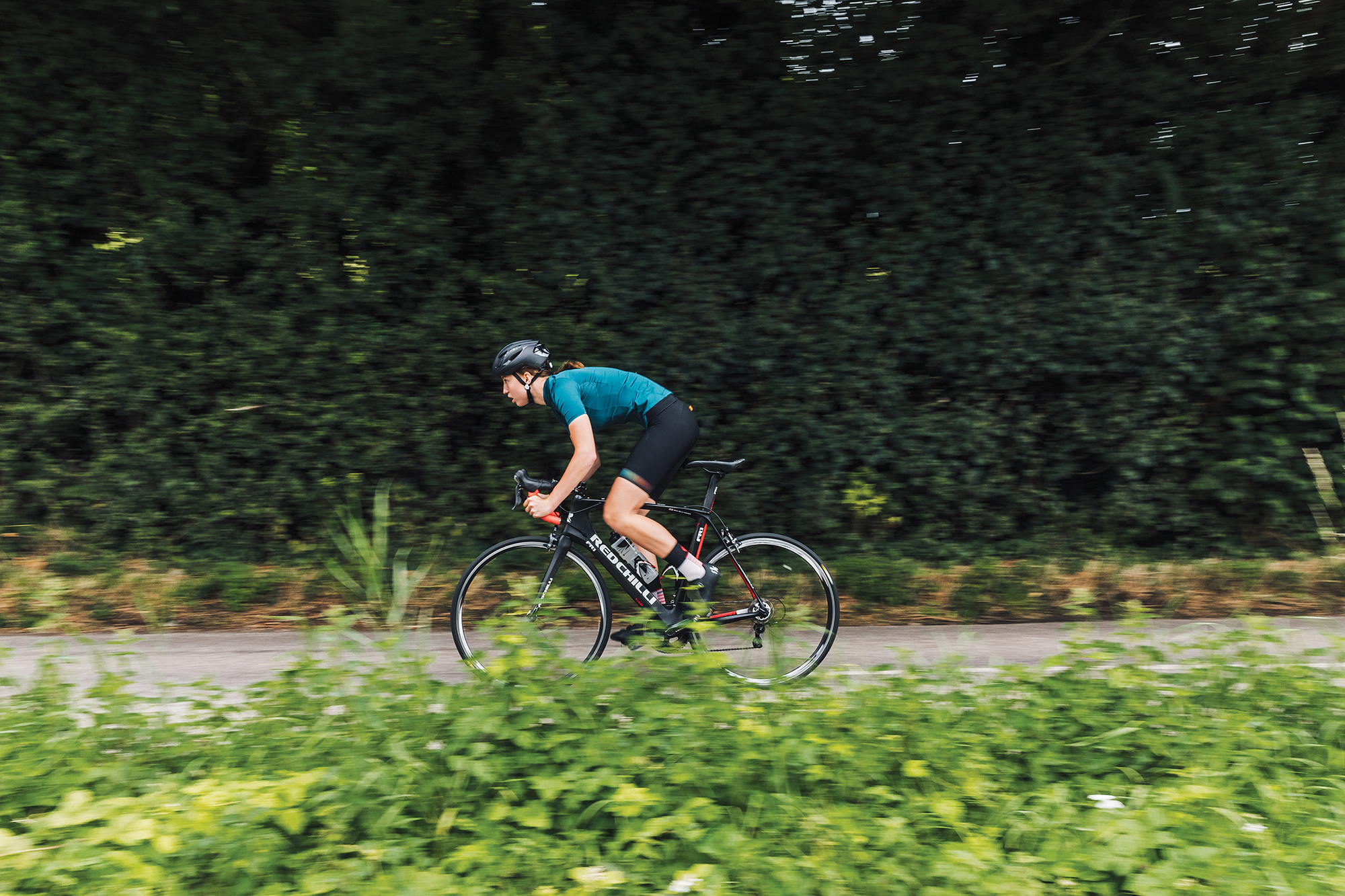
“I moved away from that obsession with numbers and results, and intense obligation to perform, and it let me start a new relationship with the bike,” he says. After two years, having refreshed his love of the bike, Morton returned to the WorldTour. “I don’t chase numbers anymore; instead, I train and race on my own terms, in my own way - I ride for my own satisfaction and I enjoy it every day. My training bike doesn’t have a power meter and I don’t have a coach.”
Morton, now 27, is determined to race at the highest level without losing his love of cycling, and he does so by balancing his WorldTour schedule with the team’s ‘alternative calendar’, which enables him to indulge his passion for off-road riding and touring by taking part in events such as Dirty Kanza and GBDuro. Staying engaged with the other interests in his life — most notably, adventure and exploration - has reignited Morton’s love of the WorldTour scene. For us amateurs, nurturing other interests is essential to enable us to keep training, keep loving the bike and keep performing in a healthy way.
While cycling can encourage monk-like habits of early nights, clean living and a fondness of salads, that excessive focus on health
and clean living is far from sustainable or even healthy in the long term.
Perry again: “I always suggest to any cyclist who takes the sport really seriously that they take up another hobby as well, so they have multiple sources of joy, and more methods of identification.”
Like Morton and Rasmussen, I stepped away from the bike for a time and in doing so rediscovered some balance. After several months off, I still love everything about cycling, but have re-embraced old passions that had been left slightly unattended when life was 100 per cent bike. My life-long love of seeking out new hardcore punk and metal bands, as well as lifting weights, are now firmly back in focus. Cycling now takes its place in my life as a third part of the strangest Venn diagram you’re likely to find.
It seems that the key to keeping balanced and retaining your love for the bike is to remain self-aware, so if cycling falls out of harmony in your life and becomes a duty or a symbol of frustrated dreams, you recognise it. We all want to be as fast, fit and successful as we can, but if you lose sight of why you fell in love with cycling in the first place, it’s time to re-set and reassess.
Words: Jim Cotton
Photos: Daniel Gould/Getty
This feature originally appeared in the print edition of Cycling Weekly, on sale in newsagents and supermarkets, priced £3.25.

Thank you for reading 20 articles this month* Join now for unlimited access
Enjoy your first month for just £1 / $1 / €1
*Read 5 free articles per month without a subscription

Join now for unlimited access
Try first month for just £1 / $1 / €1
Founded in 1891, Cycling Weekly and its team of expert journalists brings cyclists in-depth reviews, extensive coverage of both professional and domestic racing, as well as fitness advice and 'brew a cuppa and put your feet up' features. Cycling Weekly serves its audience across a range of platforms, from good old-fashioned print to online journalism, and video.
-
 FDJ-Suez, SD Worx-Protime, Lidl-Trek confirmed for Tour of Britain Women as strong list of teams announced
FDJ-Suez, SD Worx-Protime, Lidl-Trek confirmed for Tour of Britain Women as strong list of teams announced18 teams set to take part in four-day WorldTour stage race
By Tom Thewlis
-
 Cyclists could face life sentences for killing pedestrians if new law passed in England and Wales
Cyclists could face life sentences for killing pedestrians if new law passed in England and WalesReckless cycling currently carries a maximum two-year jail term
By Tom Thewlis
-
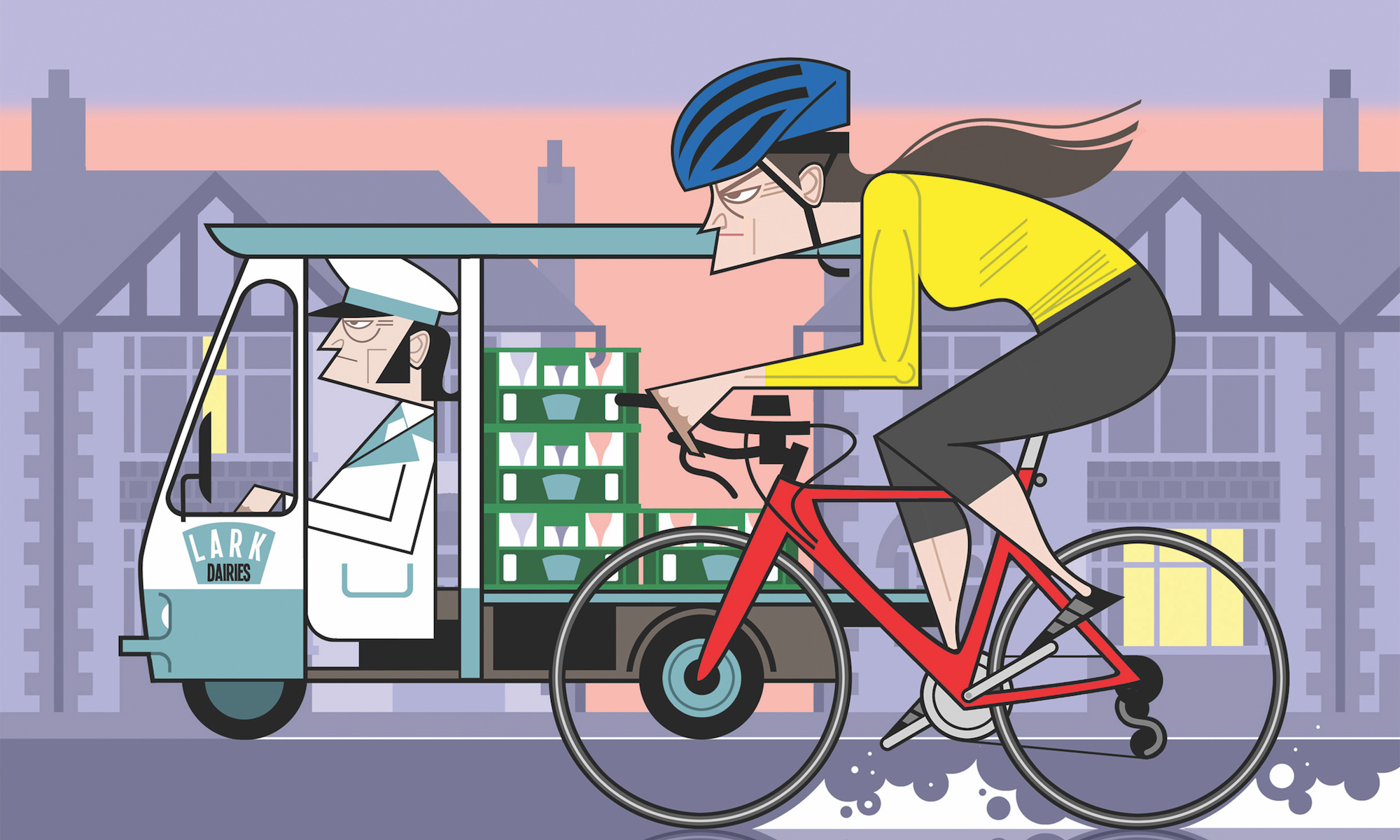 Is there a best time to train? A sports scientist investigates
Is there a best time to train? A sports scientist investigatesMost of us ride our bikes whenever we get chance, but is there a best time of day when you’ll unlock the most potential and make maximum gains? Sports scientist Dr Mark Homer investigates
By Cycling Weekly
-
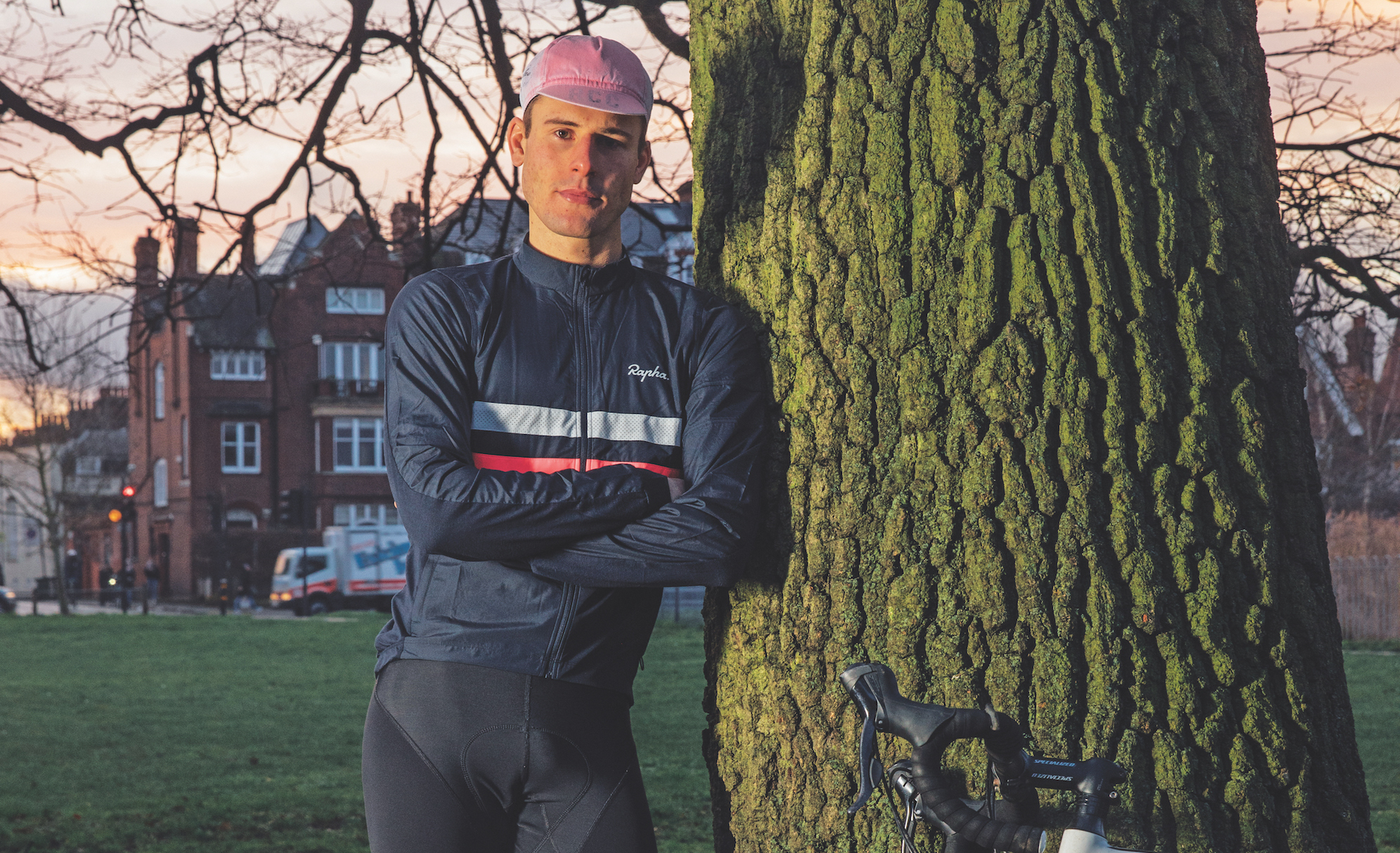 Sweet success: How I won Red Bull Timelaps as a diabetic rider
Sweet success: How I won Red Bull Timelaps as a diabetic riderType-1 diabetic George Kirkpatrick is on a mission to prove that compromised blood sugar control is no barrier to success — however long the race
By David Bradford
-
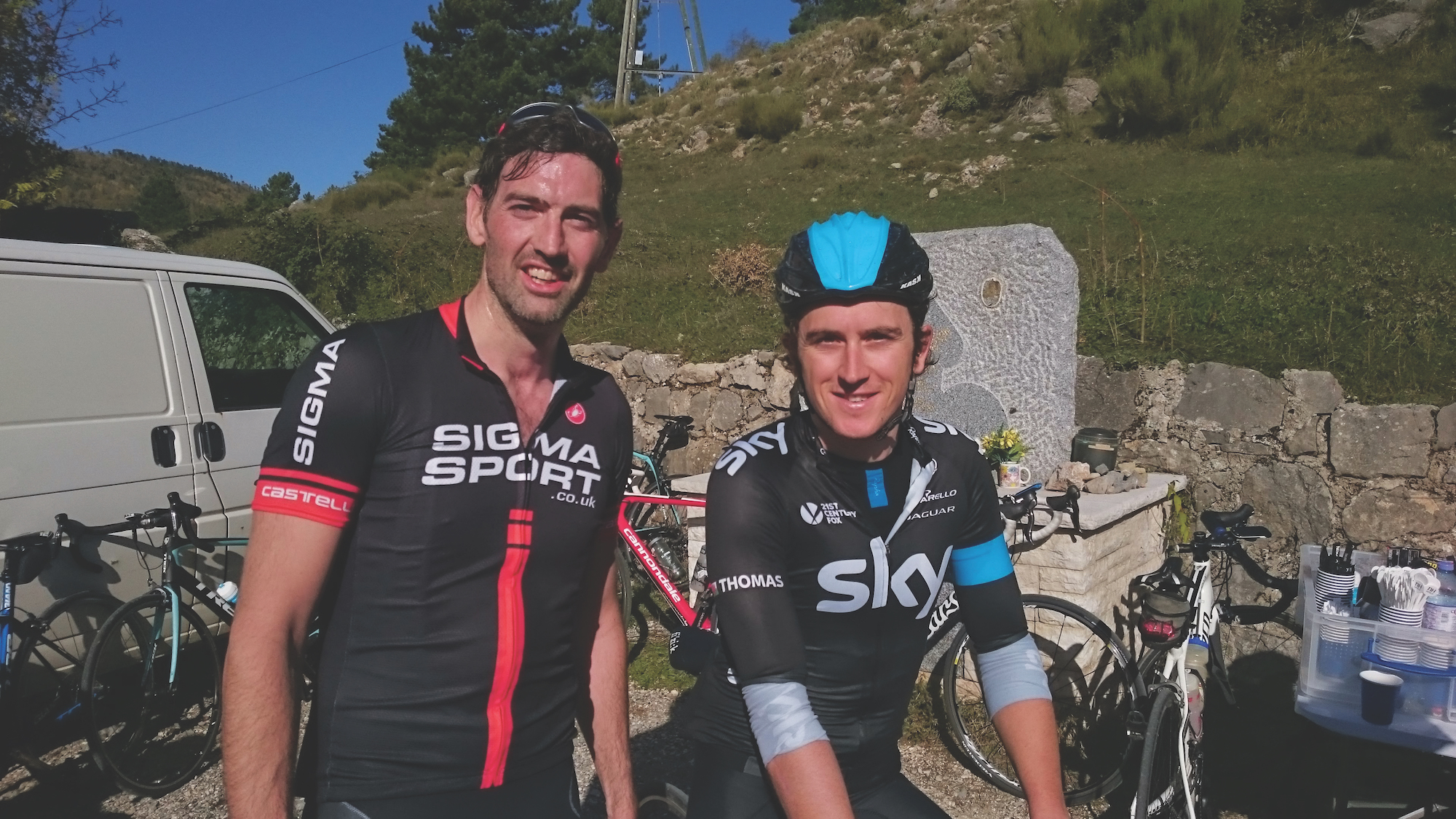 'I was going hard while Geraint was sitting up chatting': Five types of riders to help you succeed
'I was going hard while Geraint was sitting up chatting': Five types of riders to help you succeedThere’s no mightier influence on your fitness than fellow cyclists — friends and foes. Sports psychologist Dr Josephine Perry identifies five archetypal riders who could prove pivotal to your progress
By Josephine Perry
-
 Is this Britain's smoothest road?
Is this Britain's smoothest road?A new high-tech road surface in Oxfordshire could herald a cycling revolution, we rode it to find out more
By Vern Pitt
-
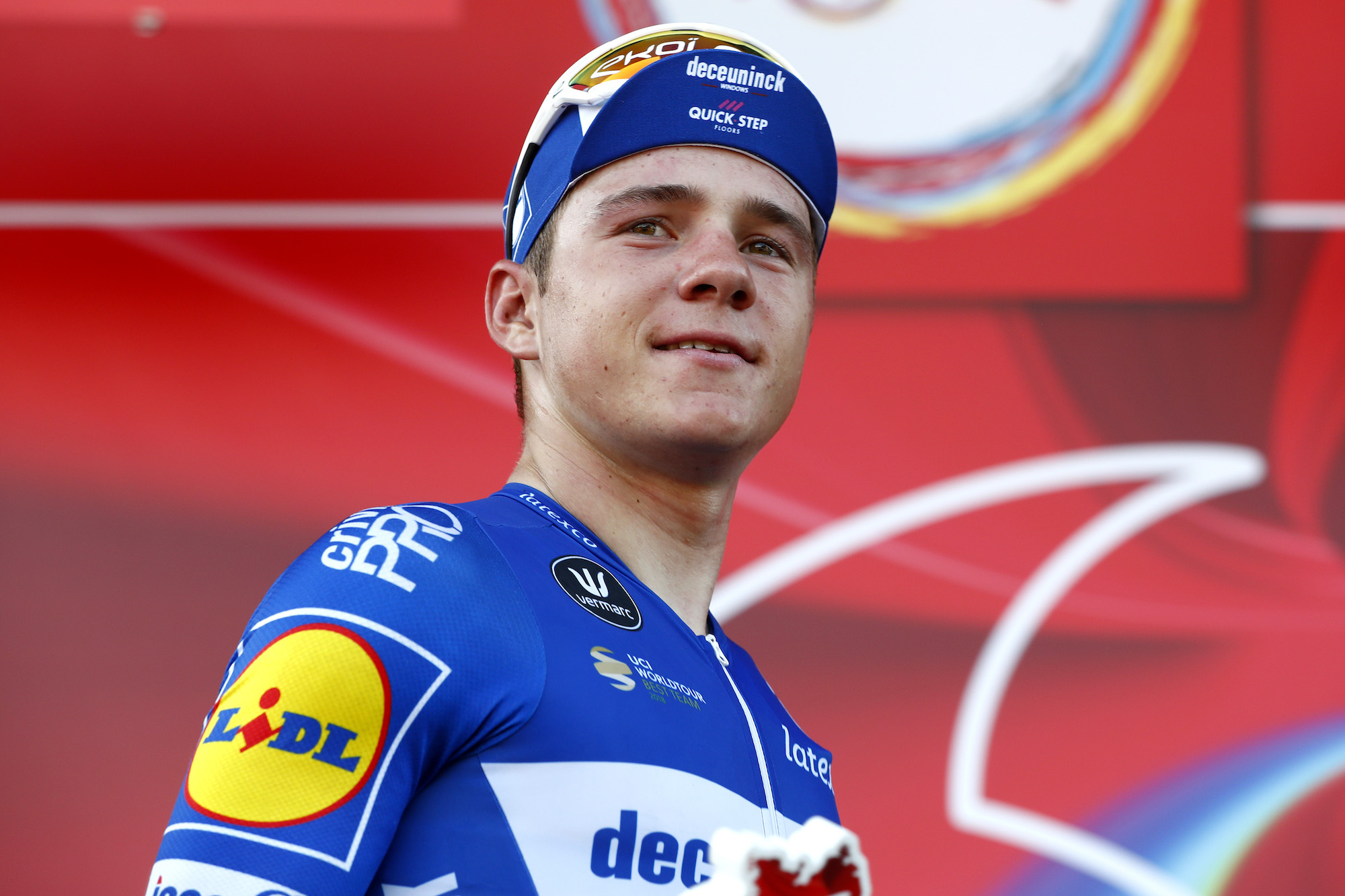 'If you’re good enough, you’re old enough': Cycling's golden generation are turning perceived wisdom on its head
'If you’re good enough, you’re old enough': Cycling's golden generation are turning perceived wisdom on its headHow cycling's golden generation are ripping up the rule book
By Peter Cossins
-
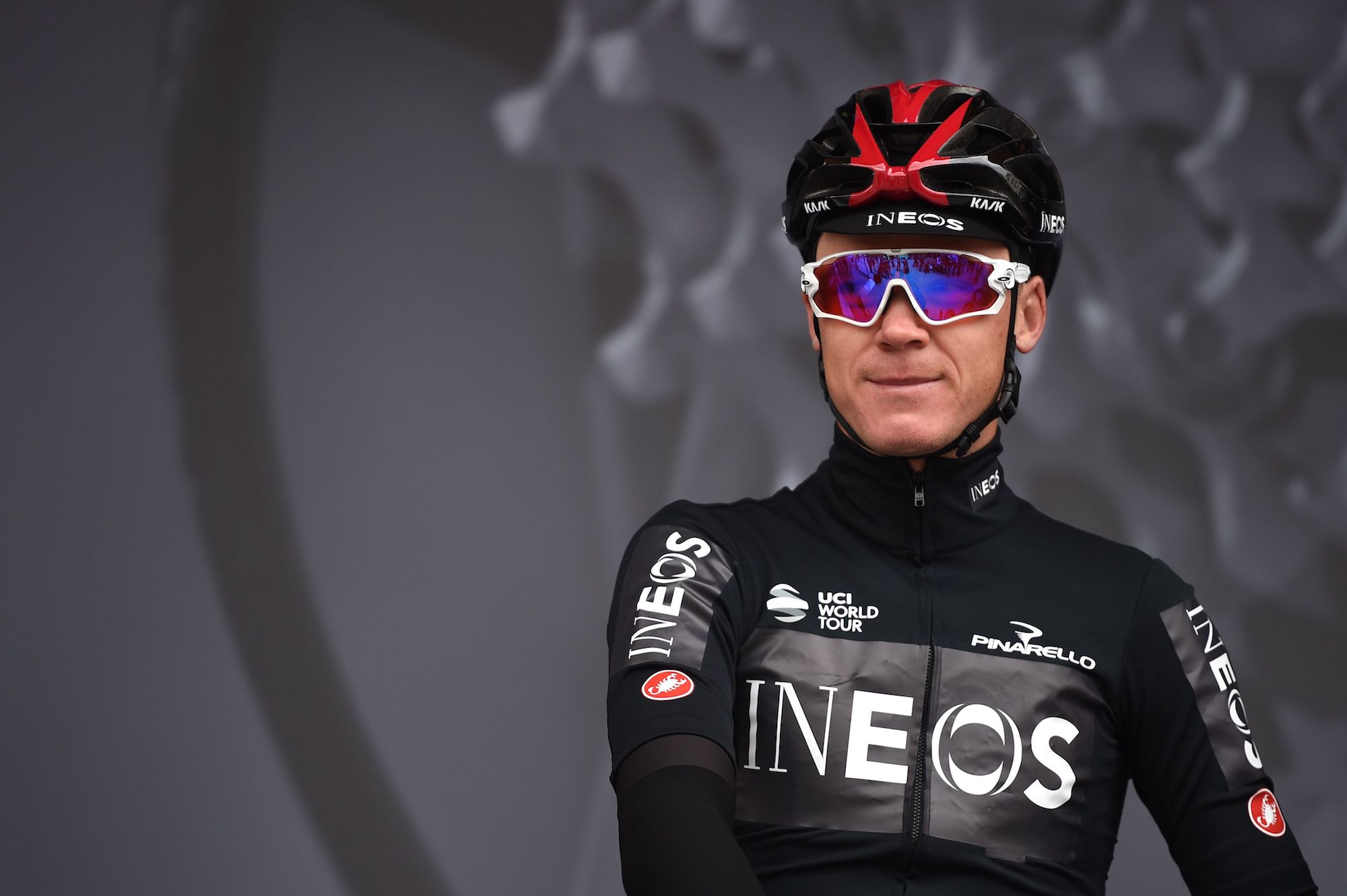 Why Chris Froome shouldn't be dismissed from the Tour de France reckoning
Why Chris Froome shouldn't be dismissed from the Tour de France reckoningAs he makes his return to racing at the UAE Tour, Froome's ambition of taking a fifth Tour title shouldn't be ruled out just yet
By Peter Cossins
-
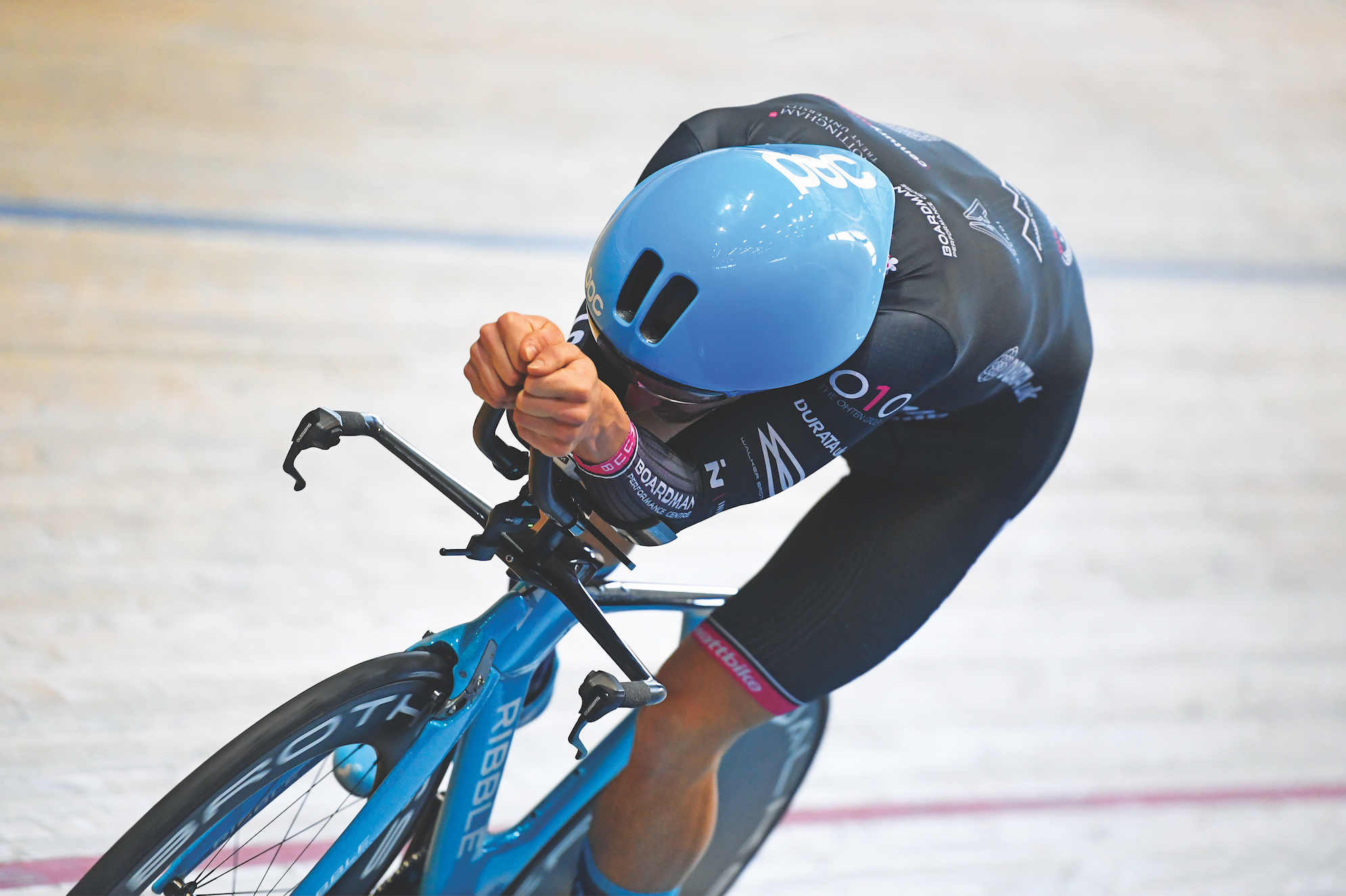 Four, the record: Inside the race to smash the Individual Pursuit four-minute barrier
Four, the record: Inside the race to smash the Individual Pursuit four-minute barrierThe individual pursuit may no longer be an Olympic event but the race to break the four-minute barrier has taken on a new urgency
By Simon Smythe
-
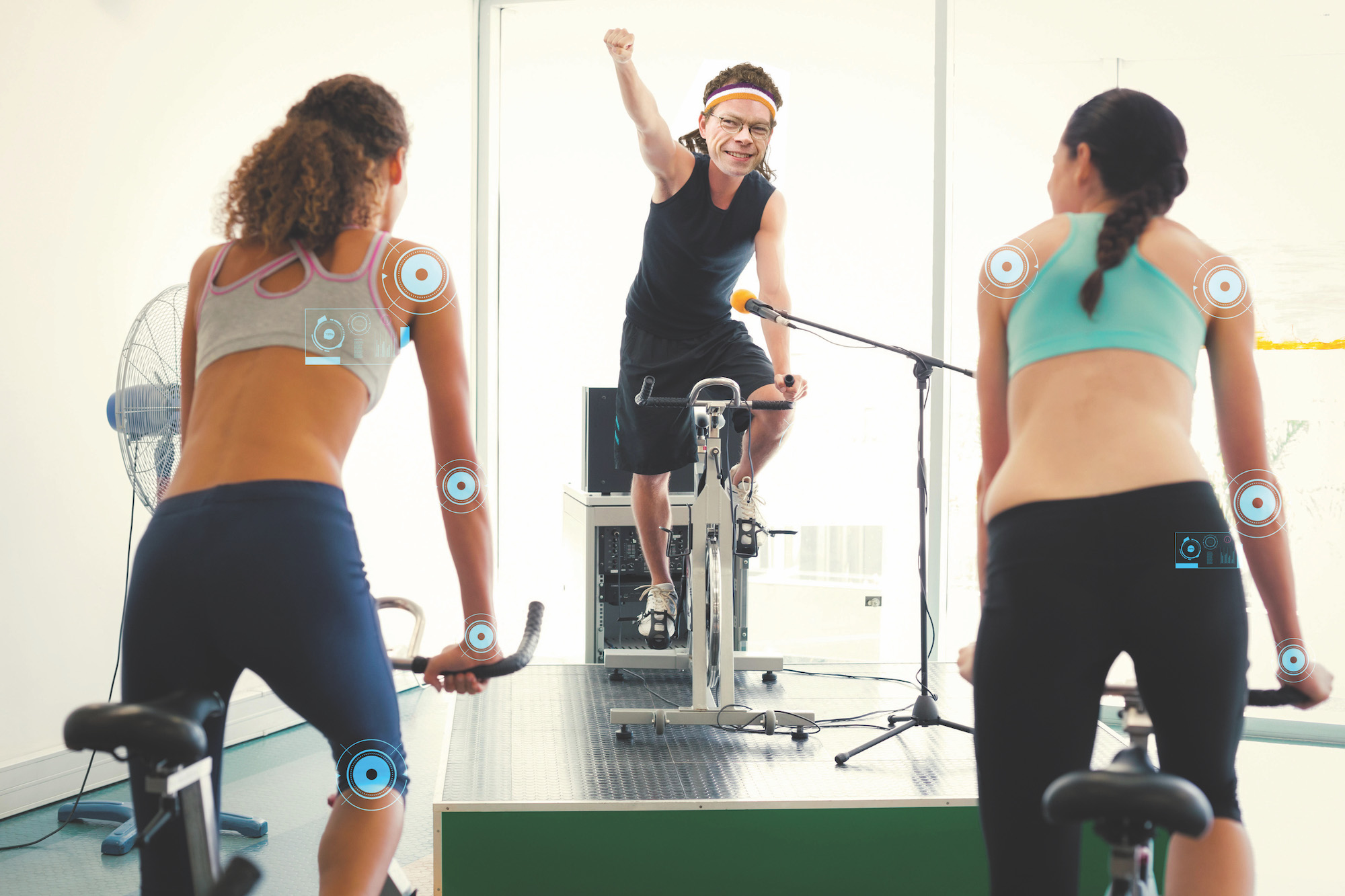 Dr Hutch: I can't afford the only greatness I have to be overlooked
Dr Hutch: I can't afford the only greatness I have to be overlookedThe Doc finds that demonstrating his cycling superiority outside the context of a race is not as easy as he had hoped
By Michael Hutchinson